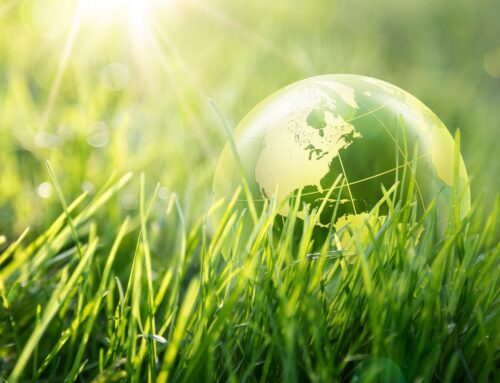Importance of waste recycling in expos
Waste recycling is an important way to reduce the environmental impact of expos. It helps to conserve natural resources, reduce pollution, and protect public health.
Specifically, waste recycling in expos can help to:
- Reduce the amount of waste sent to landfills and incinerators.
- Conserve natural resources, such as trees, water, and minerals.
- Reduce pollution, such as air and water pollution.
- Protect public health by reducing the spread of disease.
How to implement waste recycling in expos
There are a number of steps that can be taken to implement waste recycling in expos. These include:
- Providing adequate waste receptacles for recycling.
- Educating attendees and staff about the importance of recycling.
- Encouraging attendees to recycle by offering incentives, such as discounts or prizes.
Specifically, the following steps can be taken to implement waste recycling in expos:
- Separate waste into different streams, such as paper, plastic, metal, and food waste.
- Use recycling bins that are clearly labeled and easy to access.
- Make it easy for attendees to recycle by providing recycling bins throughout the expo.
- Encourage attendees to recycle by providing recycling bins near food and beverage areas.
- Educate attendees about the importance of recycling by providing signage and other educational materials.
- Offer incentives to encourage recycling, such as discounts or prizes.
Additional considerations for implementing waste recycling in expos
In addition to the steps outlined above, there are a few additional considerations that expo organizers and planners should keep in mind when implementing waste recycling:
- The type of expo: The type of expo will affect the amount and type of waste that is generated. For example, a trade expo that features food and beverage vendors will generate more food waste than an expo that focuses on technology.
- The size of the expo: The size of the expo will affect the number of waste receptacles and the amount of recycling education that is needed.
- The location of the expo: The location of the expo will affect the availability of recycling services.
Conclusion
Waste recycling is an important way to reduce the environmental impact of expos. By following the steps outlined above, expo organizers and planners can help to make their events more sustainable and environmentally friendly.
Information, sources, and statistics in the article
- According to a study by the United Nations Environment Programme, trade expos produce around 500,000 tons of waste annually.
- Another study found that sporting events, such as the FIFA World Cup and the Olympic Games, also contribute to environmental pollution due to their high energy consumption and waste production.
- Recycling can help to conserve natural resources, reduce pollution, and protect public health.
- Specifically, recycling paper can help to conserve trees, recycling plastic can help to reduce pollution from oil drilling and refining, and recycling metal can help to reduce pollution from mining.
Recommendations
In addition to the recommendations mentioned in the article, here are some additional recommendations for implementing waste recycling in expos:
- Work with a sustainable expo planner or event designer to help you implement waste recycling.
- Educate your attendees about the importance of recycling and how they can help.
- Promote your use of waste recycling in your marketing materials.
Join our newsletter
Volutpat vel turpis nulla lorem sed semper. Aliquam sagittis sem libero viverra vehicula nullam ut nisl.


